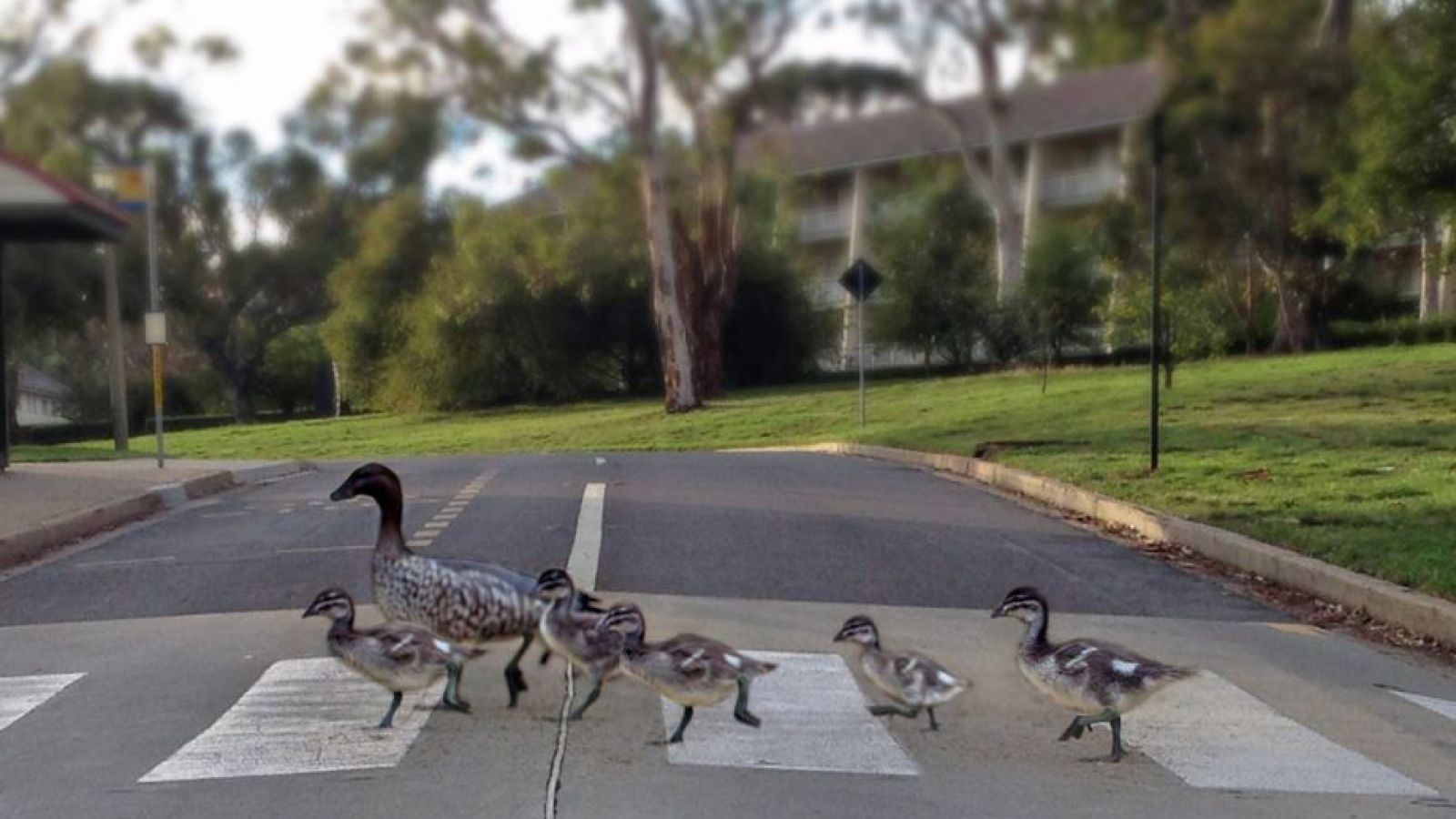Politics by numbers

Professor Ian McAllister has been researching voter behaviour for more than 40 years. ANN JONES discovers that the polling numbers don’t always add up.
The voter stands, hunched at a cardboard booth, pressing pen to paper, marking out his version of democracy.
The booth is a bit wobbly and it means that he can’t press too hard and despite his awkward posture these final pen marks are a manifestation of the grace of democracy, the end point of the thought process of one citizen in the lead up to a federal election.
Australia has one of the highest satisfaction levels with democracy in the world. Australians believe that their marks on paper mean the same as the next person’s, which is surprising to anyone who uses the tone of the media as their political barometer.
ANU political scientist, Distinguished Professor Ian McAllister, has noticed the gap between public discourse and public feeling. He leads the longest running statistical study of voter behaviour in Australia.
“Journalists phone me up and they say ‘everything is going to hell and it’s all falling apart’ and I say, ‘well, actually: no’, which isn’t what they want to hear,” he says.
“Australians’ satisfaction with democracy is among the highest in the world, surpassed only by Denmark.
“Trust in politics across a whole range of countries has declined, but our trust in politics has remained quite high, relatively, and our sense of efficacy remains quite high – that’s our sense that we would be treated as well as anybody else.”
Since the Australian Election Study started in 1987, McAllister has been running the mail-back survey which asks participants hundreds of questions.
The resulting conglomeration of numbers represents a comprehensive picture of how Australia operates in the months leading up to a federal election.
Of course, data alone does not have a voice. Political scientists act as interpreters and with such long-term data they can understand voter movements to a very sophisticated degree.
Trends, says McAllister, can be cyclical and that doesn’t show up in one-off election polls.
“When a new party comes into government people trust them and like them, then after three or four years they realise that the party’s not as good as they thought, and their trust goes down.
“Then, there are secular trends, which are to do with generational change and changes in social structure. Really, you can only pick things like that up if you are looking at long time periods.”
It is the long-term trends that really interest McAllister, in contrast to the desires of campaign managers and politicians.
“Political parties do come and ask me things periodically, but what they want to know is what is going to happen in the next two to three months and what I say, based on the last ten years or whatever, is of no interest to them whatsoever.”
The data collected by McAllister and his colleagues clearly show that the influence of the swinging vote is not as great as you’d think.
In fact, people who genuinely oscillate between voting for one party or the other are very few. Ironically, McAllister himself is one of them. In fact, he confesses that he is not party political.
Even though McAllister has dedicated his whole professional life to the study of political behaviour, he does not profess a love for it.
“I started my PhD on politics in Northern Ireland, not because I was engaged with either side, but because I wanted to know why people used political violence to try and achieve goals. Why did some people choose between the constitutional means of getting political goals and physical force?
“And then I got interested in political parties as the process by which democracy works, and political parties are the building blocks of democracy.”
For McAllister, it is a science, and he baulks at the idea that a political poll could come anywhere near the same type of in-depth longitudinal understanding that a political scientist can achieve.
“The types of polling that political parties do are about 30 per cent science and 70 per cent judgement.
“Some people are good at the judgement, but it is not science; it’s not what I do.”
After studying voting and political behaviour over decades, his own behaviour as a voter has remained remarkably stable and McAllister still hasn’t made a decision on who he is voting for this year.
“I talk about politics a lot, but I never place myself in the middle of it. I’m sort of detached in terms of numbers and so on.”
Soon, on a Saturday morning, perhaps at a primary school gymnasium, walking past the sausage sizzle and towards the ledgers and cardboard booths, McAllister will mark his vote.
But he won’t be caught up in the romanticism of democracy.
This story appeared in ANU Reporter magazine. Read the full issue at http://news.anu.edu.au/publications/anu-reporter/